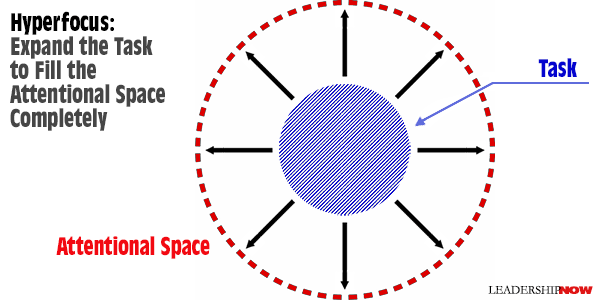


generalised anxiety, depression or post-traumatic stress disorder.other traumatic experiences, including abuse.a traumatic dental experience or other healthcare experience.So, taking care of your oral and general health and remembering to brush your teeth twice a day and floss once a day are very important. The lifestyle factors that lead to dental disease are very similar to those that lead to diabetes, obesity, heart disease, stroke and some cancers (regularly consuming sugary food and drinks, smoking and regularly drinking alcohol).
HYPERFOCUS AND ANXIETY HOW TO
By avoiding going to the dentist, not only are you more likely to need more complex treatments when you do finally attend, but you are also missing out on learning how to better care for your oral health. Most dental disease is lifestyle-related and preventable. If you notice a mouth ulcer that lasts for longer than 2 weeks, get it checked by a dentist as soon as you can. During regular check-ups, dentists also check for signs of mouth cancer, which is especially important for those who smoke or regularly drink alcohol, and even more so for those who do both. Regular dental check-ups, cleans and X-rays of the teeth can prevent dental disease and help the dentist find any problems early, so that simpler and less invasive treatments are needed. This is known as the ‘vicious cycle of dental anxiety’.

It can also feed the underlying problem of dental anxiety. How dental anxiety or phobia can affect your oral healthĪvoiding the dentist can result in dental disease getting worse, a greater need for emergency care or more complex treatment. Some anxious people will routinely miss or avoid dental appointments and may find it difficult to undergo dental treatment regardless of whether it is simple or complex. withdrawal, or using humour or aggression to mask anxiety.visible distress, crying or signs of panic.low blood pressure and possible fainting (syncope).racing heartbeat (tachycardia) or palpitations.People with dental anxiety may experience: Other conditions such as depression, bipolar disorder or schizophrenia may also increase the risk of anxiety disorder. Some mental health conditions including generalised anxiety disorder and post-traumatic stress disorder (PTSD), or a previous history of head and neck trauma can increase the risk of a person experiencing dental anxiety. When dental anxiety is severe and causes irrational fear and avoiding going to the dentist, it can be classified as a dental phobia. Things like needles, drills or the dental setting in general can trigger dental anxiety. Being scared to visit the dentist can result in delaying or avoiding dental treatment. Dental anxiety is fear, anxiety or stress associated with a dental setting.


 0 kommentar(er)
0 kommentar(er)
